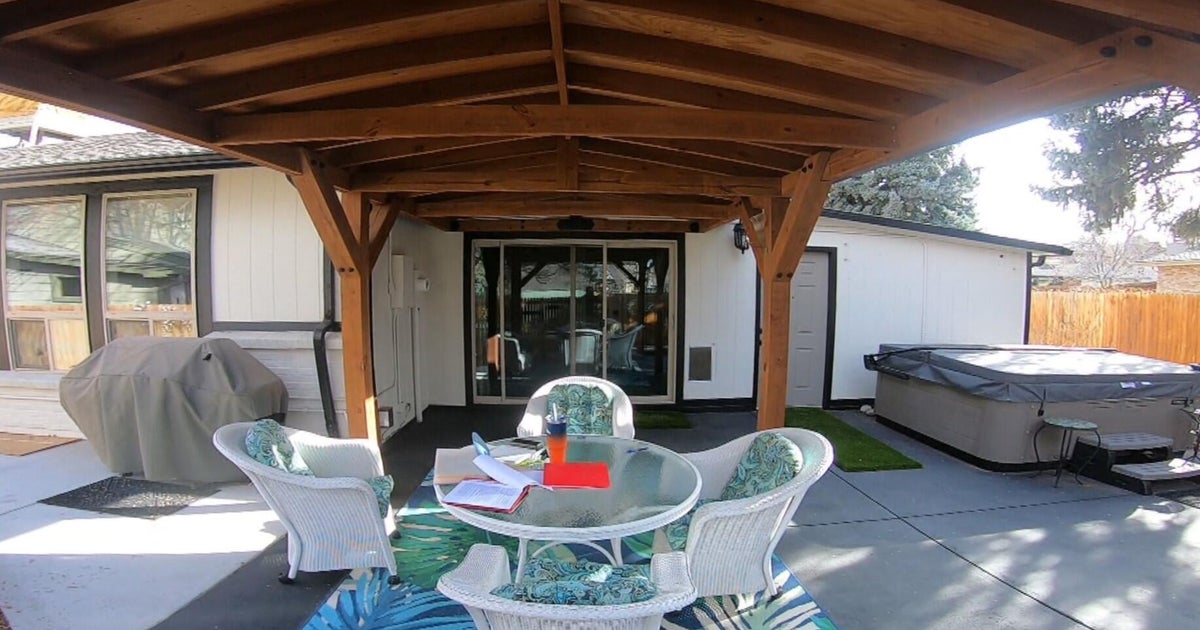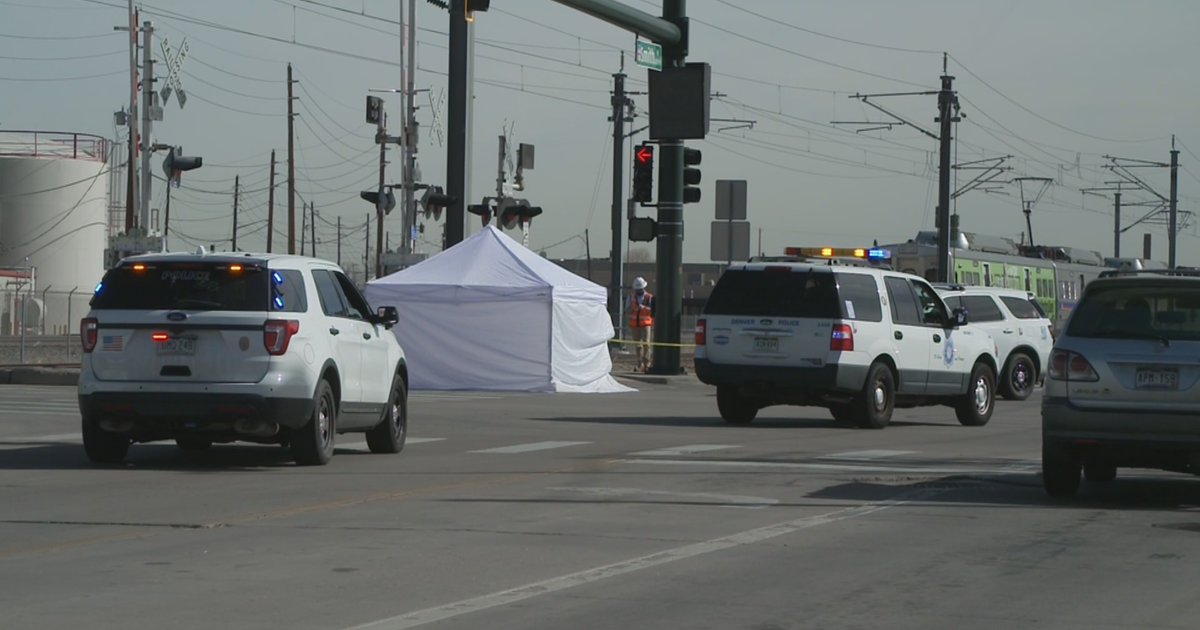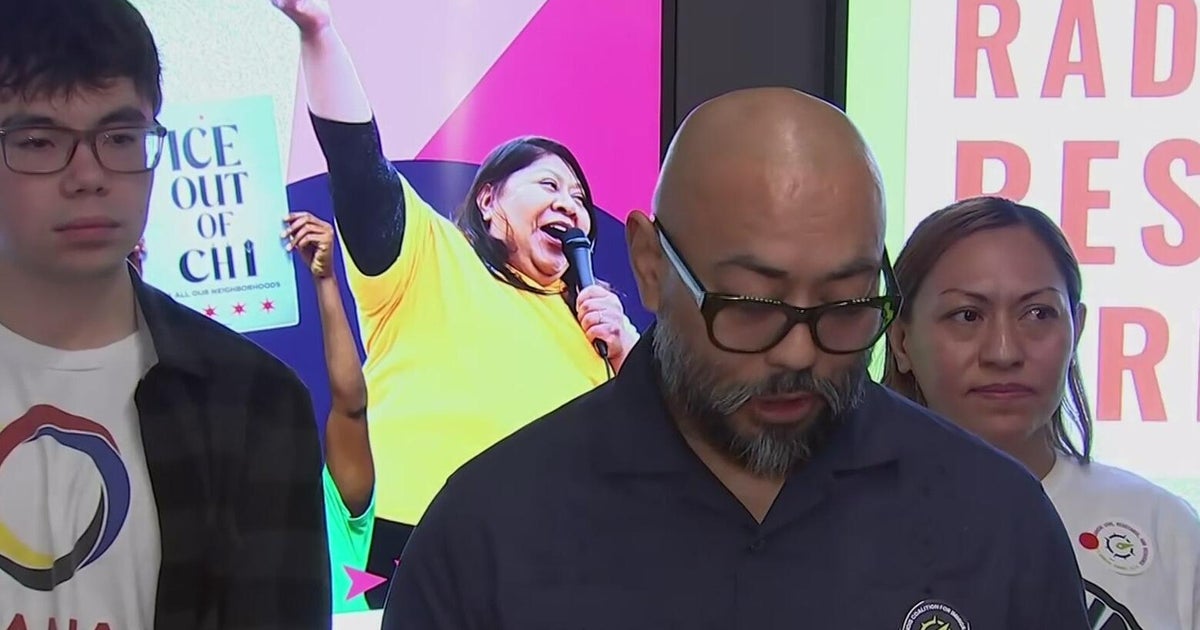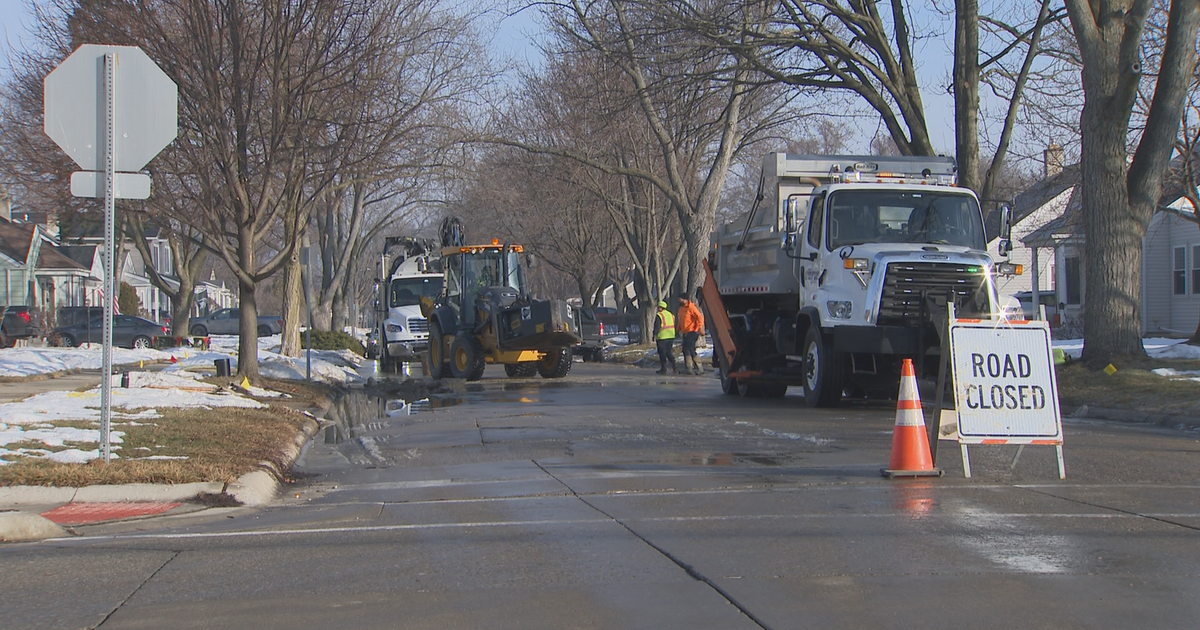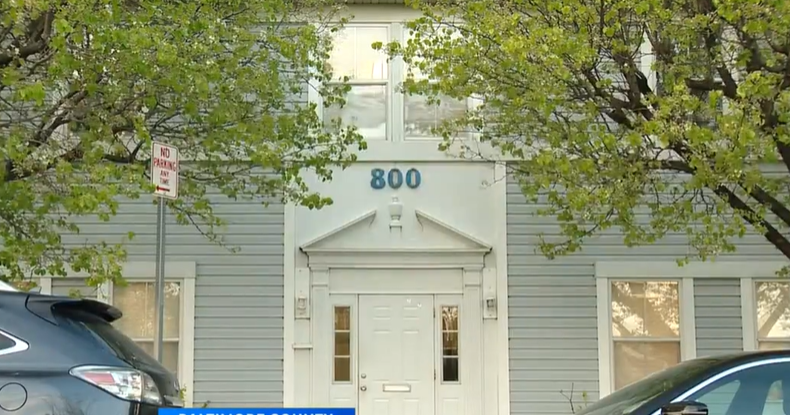Denver's new Asylum Seeker Program looks to provide up to 6 months rental assistance for migrants
The City of Denver looks to take on a different approach to the migrants arriving in the city. Instead, they'll put nearly 1,000 asylum seekers in apartments for six months or provide them with a bus ticket elsewhere.
Denver's newest program looks to better serve migrants, avoid cuts to core public services, and stabilize the city's budget.
In total, the city looks to spend an estimated $90 million this year on migrant services and its' new Asylum Seeker Program.
Currently, there is one congregate shelter open for people arriving in Denver. The city is looking at adding a second congregate site, but it is far less than how many the city was operating at its peak earlier in the year.
Instead of providing shelter, the city is moving towards operating a new model that looks to set migrants up for long-term success.
Through this new model, the city looks to give migrants a chance to work and live in Colorado, while avoiding cuts to core city services and layoffs of city staff.
"We have a new population with new needs that requires a different structure," said Denver Mayor Johnston during a news conference on Wednesday morning.
A new six-month program is now part of the plan to provide a sustainable response to the migrant crisis
"We will no longer move forward with a hotel infrastructure that offers 14 or 42 days stay because that is not the right structure for the services we have," said Johnston.
Incoming and current migrants staying at city shelters are not eligible for TPS, also known as Temporary Protected Status or CBP One. Many of them now need to apply for asylum, which can take years for some to resolve,
Through Denver's Asylum Seeker Program, migrants will get legal help for each asylum application.
It is a lengthy application that usually takes 20 hours of legal work to complete.
"The benefit of applying for this application is that within 180 days you get access to work authorization, this is our path to get these folks to work," said Johnston.
The program will also include job training, food assistance through a monthly debit card based on family size, and rental assistance for six months. This will be a program launching within a few days and people currently staying in the city shelter will be offered the opportunity first.
Denver will also launch, "Work Ready Denver," a workforce training program that will be led by the city's Economic Development department. It will offer asylum seekers the opportunity to get job training and learn important skills. That includes English learning classes to financial literacy. The program also looks to connect those in the program with industries they would like to work for.
"When those six months pass they can get their work authorization, they have certification and they have training and can enter the industries in this city that have openings they so deeply want to fill to drive the economy," said Johnston.
There is a limited number of slots for this program available because of the time, staffing, and expertise it requires.
For those who do not enter the program, there will still be a congregate shelter system. An overnight congregate shelter will be in place for folks who arrive overnight, the first option will be the asylum seeker program, but if there are no slots available the options for those people will be the short-term congregate shelter, onward travel or connect people to family or friends in the city.
The city is now spending less than half of what was predicted earlier this year on this crisis, which means the public should not feel cuts starting in the summer.
"We are not taking officers off the streets; we are not keeping rec centers on reduced hours," said Johnson.
It's a move Dane Washington who leads a youth sports organization and Kids Above Everything, two non-profits dedicated to educating and empowering Denver youth is looking forward to.
"We were really concerned with some of the cuts as they were going to affect a lot of youth-based programs in the community," said Washington relieved, "Those places are really hubs for them to have activities to do and stay out of trouble."
Johnston will ask the city council within the next few weeks for approval of the new plan, which requires $45 million in new migrant spending this year.




